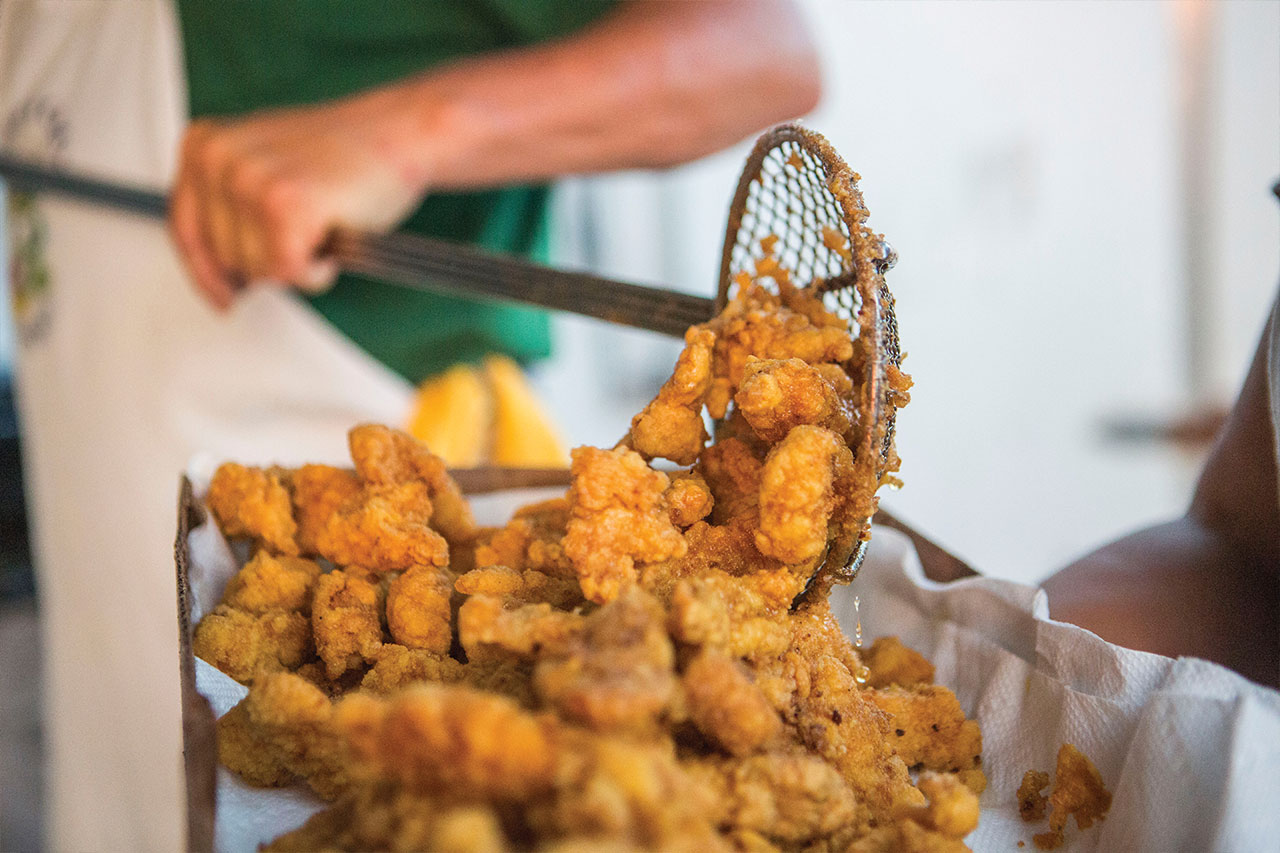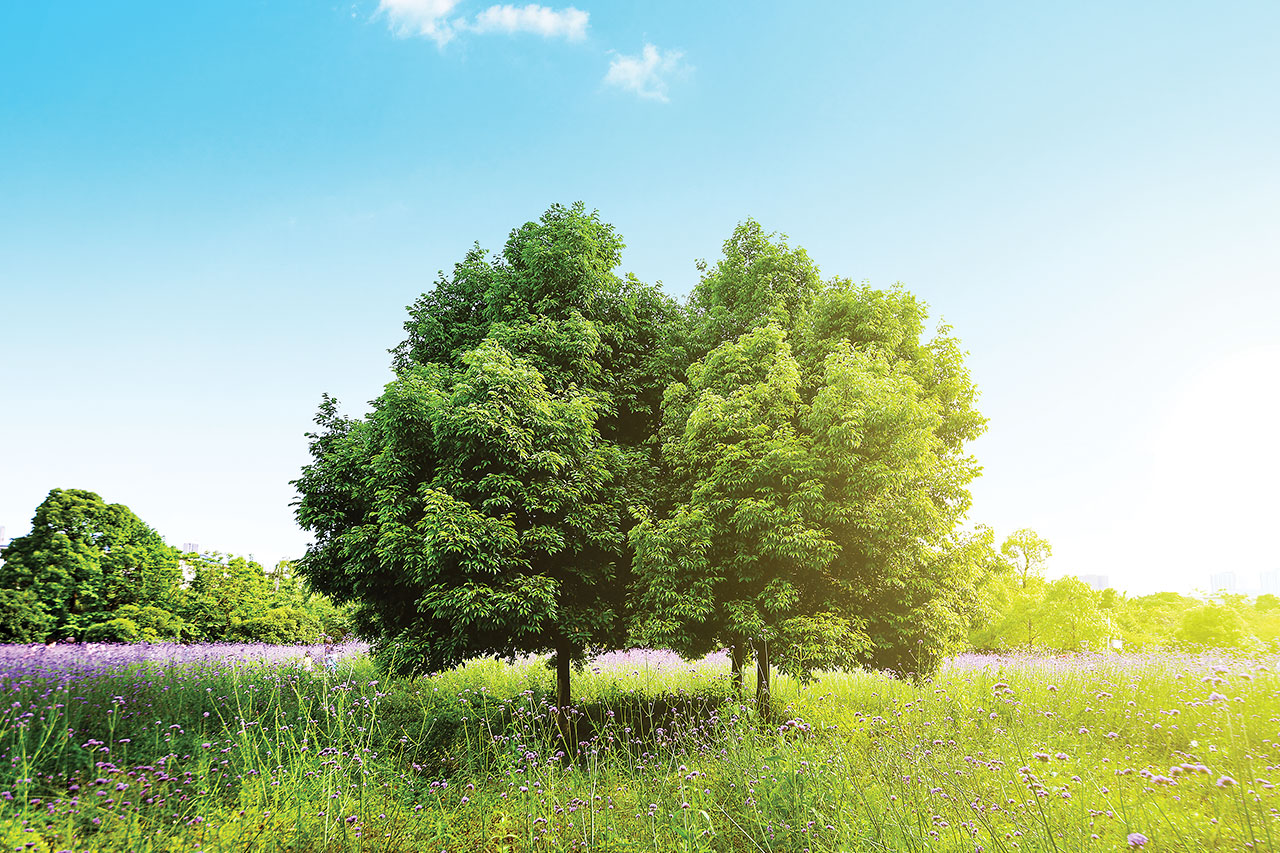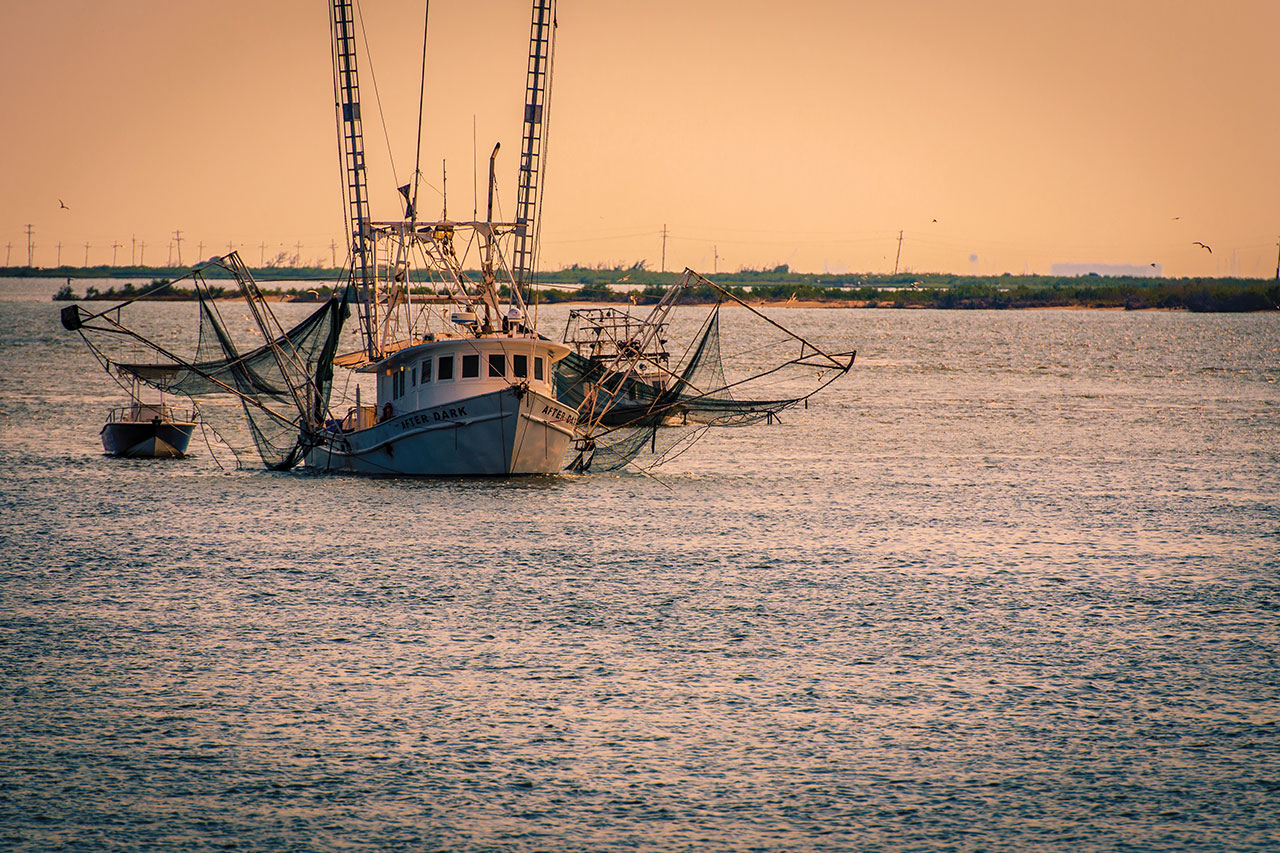
Seafood Labeling Bill Gets Government Approval
June 12, 2019
Shade Trees Can Help You Beat the Heat
June 12, 2019“We’re about to feel the effects of it real soon. You can’t have 31 states dumping water down and not have it affect your industry,”
– Kimberly Chauvin, owner of Mariah Jade Shrimp Company
When the state outside waters between the Atchafalaya River Ship Channel at Eugene Island to the western shore of Freshwater Bayou Canal, reopened for shrimping at 6 a.m. on May 20, shrimpers quickly hit the coastal waters, catching as much fresh white shrimp as they could.
A sense of urgency has fallen over those in the shrimp industry, as a rain-heavy year in states dumping into the Mississippi River has brought uncertainty and doubt to this industry that is essential to our local economy.
“We’re about to feel the effects of it real soon. You can’t have 31 states dumping water down and not have it affect your industry,” said Kimberly Chauvin, owner of Mariah Jade Shrimp Company and other various shrimp industry businesses, and who has almost 33 years of experience in the industry. “It’s a negative effect. You may wipe out an entire industry down here, which would be seafood in general…It’s very much an uncertainty.”
Julie Falgout, seafood industry liaison with the Louisiana Sea Grant, echoes the same sentiments as Chauvin.
“We’re having a really wet year this year. We’re saturated, and then they’ve opened the Bonnet Carre Spillway, twice, which is very unusual. The thing in opening up the spillway is that it messes up the salinities for the seafood, especially brown shrimp, crabs and oysters,” Falgout said. “…Everything east of the river, they’re already seeing where there’s no brown shrimp this year. They’re not catching anything.”
“So more than likely, if nothing else would happen from this point forward, let’s say everything would go back to normal — at least the east side of the state would end up with a fishery disaster…,” Falgout continued.
And with the Morganza Spillway expected to open this summer, business owners, workers and caretakers of the shrimp industry are on even higher alert.
“…But now we’re looking at the Morganza, and they keep pushing back opening it, which is good for Terrebonne Parish and Lafourche Parish and our seafood because even though the water is fresher here, we still have some salinity levels where the shrimp and everything are able to grow. So we’re watching this very carefully,” Falgout explained. “All the task forces are getting everything in order to write resolutions, asking the government that for any disaster aid that comes down, please include this Louisiana seafood industry.”
Louisiana Wildlife and Fisheries has been monitoring the situation closely, Falgout said, but won’t know completely how it has affected brown shrimp until around July, and then white shrimp after that. “They’re going to run numbers different ways because you have to have at least a 35 percent loss to be able to get a declaration approved through the Department of Commerce and NOAA [National Oceanic and Atmospheric Administration},” she explained.
With the dark clouds hovering over the waters this shrimp season, Chauvin and Falgout both acknowledged, there are still some silver linings.
One positive is the passing of House Bill 335 — which will, by law, require Louisiana restaurants to disclose to customers the origins of their seafood if it is not from the United States, a bill many feel will give the local shrimp business industry a much needed boost.
“Our biggest challenge recent years has been imports, when restaurants did not have to label what they were serving. Now, that has changed. I don’t think Americans realize how bad it is, with the foods that are coming into our country that are full of antibiotics and other veterinarian drugs — just stuff that you should not be eating,” Chauvin explained. “There are laws that have hindered us, but now there are laws that are about to help in a secondary way.”
Falgout applauded the resiliency of folks in the shrimp industry and their ability to adapt to the unpredictable seasons.
“…It’s amazing. Since Katrina, the shrimp industry in particular, but also all of our seafood industry on the coast, has been hit with four major hurricanes and a major oil spill. This is the third major flooding event. It’s still surviving,” said Falgout. “…We’ve got a good core group of people who really want to do this; this is their livelihood. They don’t want to do anything else and are professionals at it. We want to see our industry and our communities not just survive, we want to see them thrive again.” •







